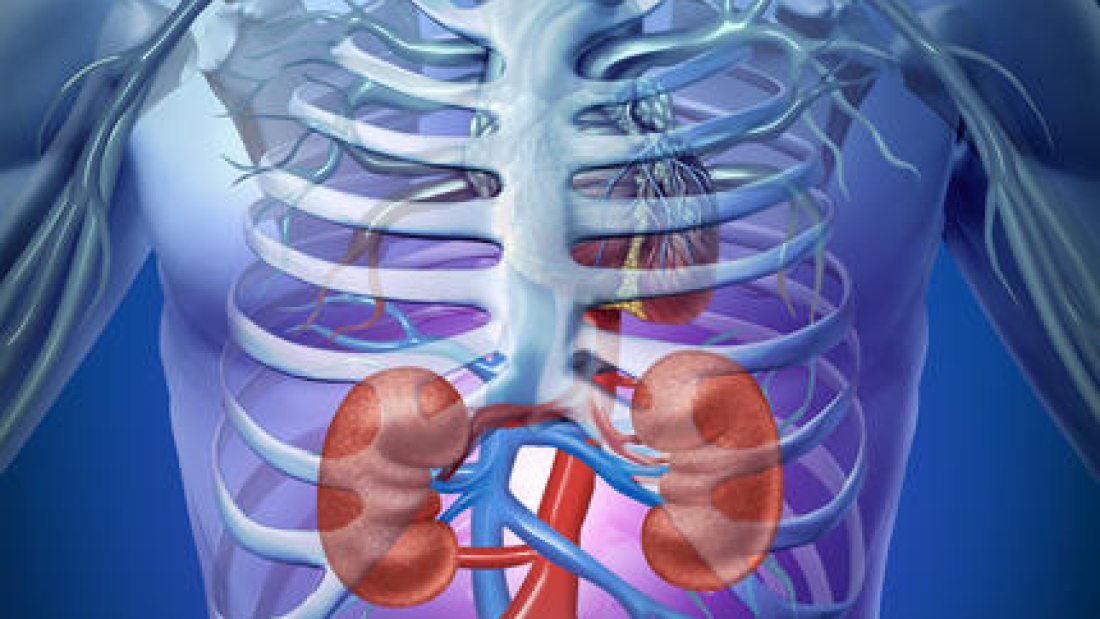Findings of a three-year clinical trial led by University of Cincinnati (UC) transplant researchers suggest that a novel pre-operative drug therapy reduces antibodies in kidney patients with greater success than with traditional methods, with the potential to increase the patients’ candidacy for kidney transplantation and decrease the likelihood of organ rejection.
The study, titled “Prospective Iterative Trail of Proteasome Inhibitor-Based Desensitization,” appears in the American Journal of Transplantation.
Antibodies are something that all people have that are made by the immune system to protect against infections. Antibodies are Y-shaped proteins that in most instances are good because they help fight infection, but people can also make antibodies that work against other humans, which is often a major barrier to transplantation.
In an accompanying editorial, Klemens Budde, MD, head of the clinical transplant program at Charité – Universitätsmedizin, Berlin, Germany, states, “The study provides first proof for a new desensitization strategy in immunized waitlisted patients.”
“This study is important because it has the potential to change the way we approach kidney transplantation,” said the study’s principal investigator, E. Steve Woodle, MD, UC Health transplant surgeon and director of the division of transplantation at the UC College of Medicine, who adds: “This also may benefit 10 to 20% of heart and pancreas transplant candidates who often have such high levels of antibodies that transplantation is nearly impossible.”
Since 2008, the UC research team has been on forefront of developing therapies that target plasma cells—the cells that make antibodies. These new therapies have used bortezomib, a proteasome inhibitor that is already approved by the FDA for treatment of multiple myeloma. The traditional method for reducing antibody levels, Woodle said, uses a blood product termed intravenous immuneglobulin (IVIG).
Woodle adds that the data from studies with IVIG is inconsistent with most patients being unresponsive. In this first-of-its-kind trial, however, 50 kidney transplant candidates with high antibody levels were treated with the new regimen.
“The rejection rates were low and the chances of the patient developing a new antibody against their kidney were very low. In addition, in some patients, antibodies remained suppressed for several months—something that has not previously been described with other approaches,’’ said Woodle.
Four new regimens—described by Woodle as “second-generation plasma cell-targeted therapies”— will be evaluated by the UC Transplant Clinical Research team in 2015. These future studies will also be complemented by mechanistic studies in collaboration with James Driscoll, MD, PhD, assistant professor in UC’s division of hematology oncology and a member of the UC Cancer Institute.
Source: University of Cincinnati
Date: Decemeber 24, 2014
SUBSCRIBE TO OUR BLOG IN THE RIGHT SIDEBAR MENU TO RECEIVE OUR DAILY BLOG POST DIRECTLY TO YOUR E-MAIL
SUBSCRIBE TO OUR NEWSLETTER TO RECEIVE A MONTHLY MAIL WITH MORE RELEVANT INDUSTRY AND COMPANY NEWS


Add a Comment